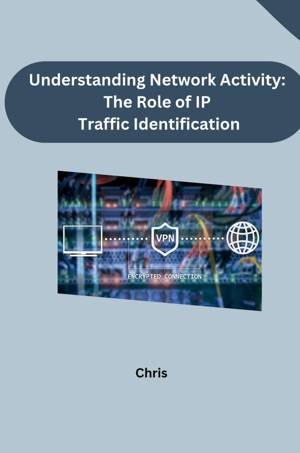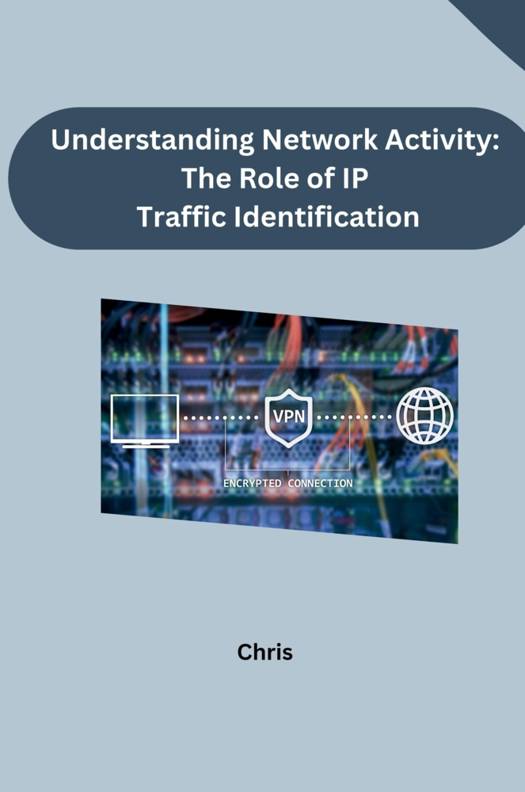
- Afhalen na 1 uur in een winkel met voorraad
- Gratis thuislevering in België vanaf € 30
- Ruim aanbod met 7 miljoen producten
- Afhalen na 1 uur in een winkel met voorraad
- Gratis thuislevering in België vanaf € 30
- Ruim aanbod met 7 miljoen producten
Zoeken
€ 25,95
+ 51 punten
Omschrijving
Imagine a highway bustling with activity, a constant stream of vehicles carrying unknown cargo. This is akin to the data flowing through our networks - a vast, and often confusing, stream of information. "IP traffic identification" acts as the decoder ring, unlocking a deeper understanding of this network activity. IP traffic identification is the ability to classify and analyze the different types of data traversing a network. Think of it like identifying the type of vehicle on the highway - a delivery truck carrying essential goods, a sports car streaming data, or a suspicious van with unknown contents. This granular understanding offers significant benefits. Network administrators gain valuable insights into how their network is being used. They can identify bottlenecks caused by excessive video streaming (the sports car) and prioritize critical business traffic (the delivery truck). Security is another area where IP traffic identification shines. By recognizing patterns associated with malware or cyberattacks (the suspicious van), it allows for proactive measures. This is like identifying suspicious vehicles on the highway and taking appropriate action. Beyond network management and security, IP traffic identification has broader applications. Service providers can tailor their offerings based on user data consumption patterns, ensuring fair billing practices. In essence, IP traffic identification acts as a key to unlocking valuable insights from network activity. It empowers data-driven decisions, optimizes performance, enhances security, and ultimately, creates a more efficient and reliable digital ecosystem for all.
Specificaties
Betrokkenen
- Auteur(s):
- Uitgeverij:
Inhoud
- Aantal bladzijden:
- 108
- Taal:
- Engels
Eigenschappen
- Productcode (EAN):
- 9783384241887
- Verschijningsdatum:
- 28/05/2024
- Uitvoering:
- Paperback
- Formaat:
- Trade paperback (VS)
- Afmetingen:
- 152 mm x 229 mm
- Gewicht:
- 167 g

Alleen bij Standaard Boekhandel
+ 51 punten op je klantenkaart van Standaard Boekhandel
Beoordelingen
We publiceren alleen reviews die voldoen aan de voorwaarden voor reviews. Bekijk onze voorwaarden voor reviews.











